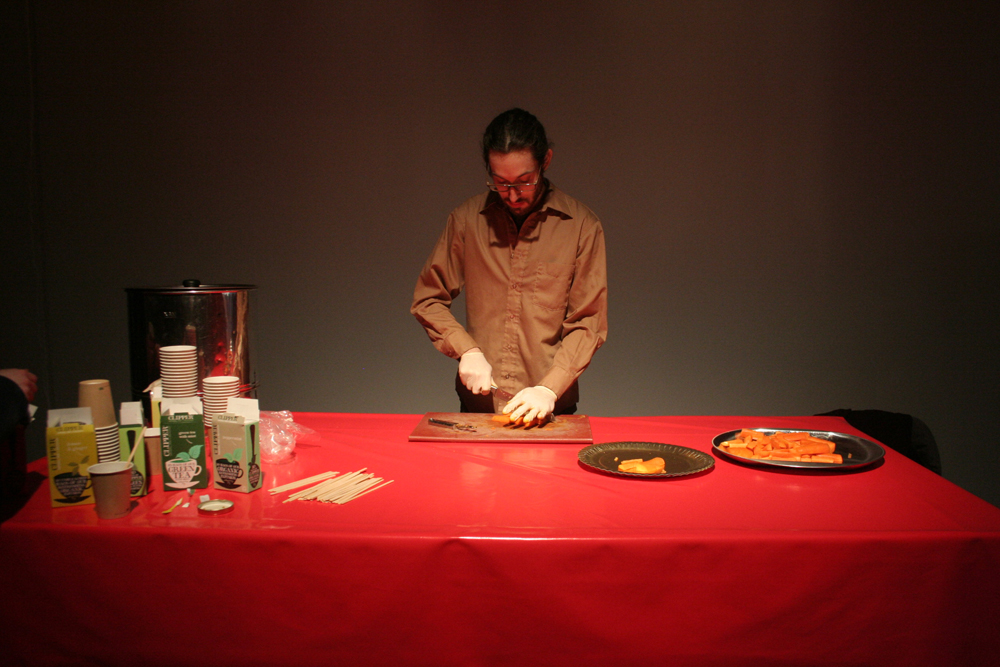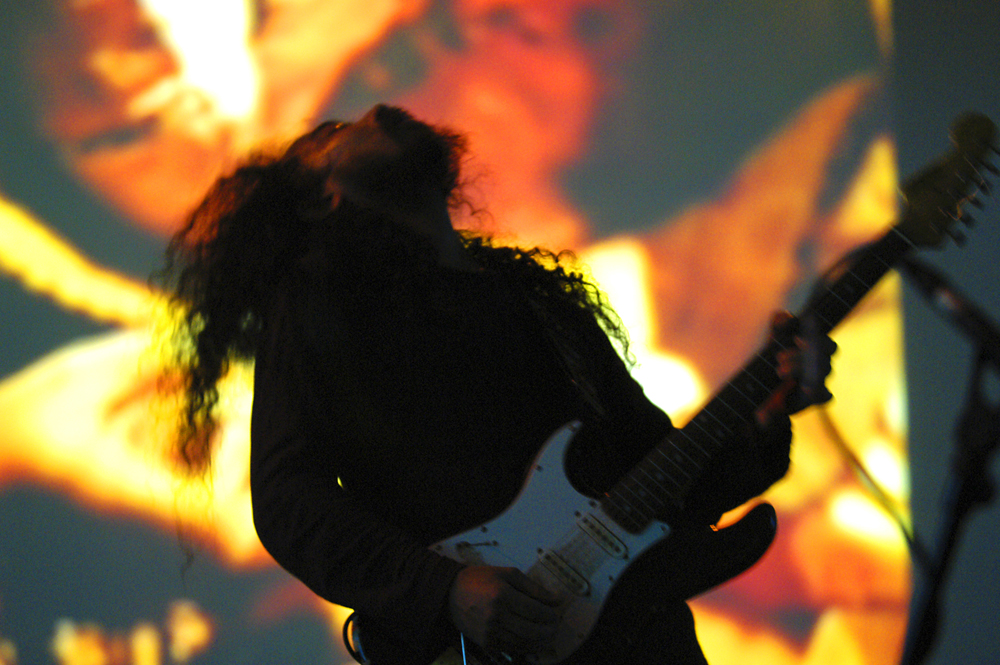
Octante
Alfredo Costa Monteiro Ferran Fages Margarida Garcia Ruth Barberán
Acoustic turntable, engines, trumpet and accordion joined by Bassist Magarida Garcia: build long-form quietly detailed pieces that clatter and rumble, that expand and contract with the tension and release of deeply held breath.













